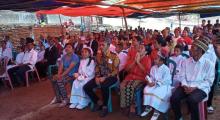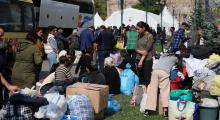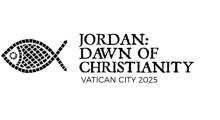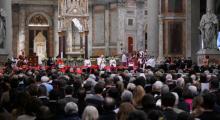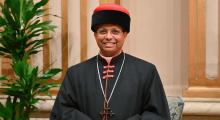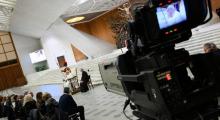Issued by the Catholic Center for Studies and Media - Jordan. Editor-in-chief Fr. Rif'at Bader - موقع أبونا abouna.org
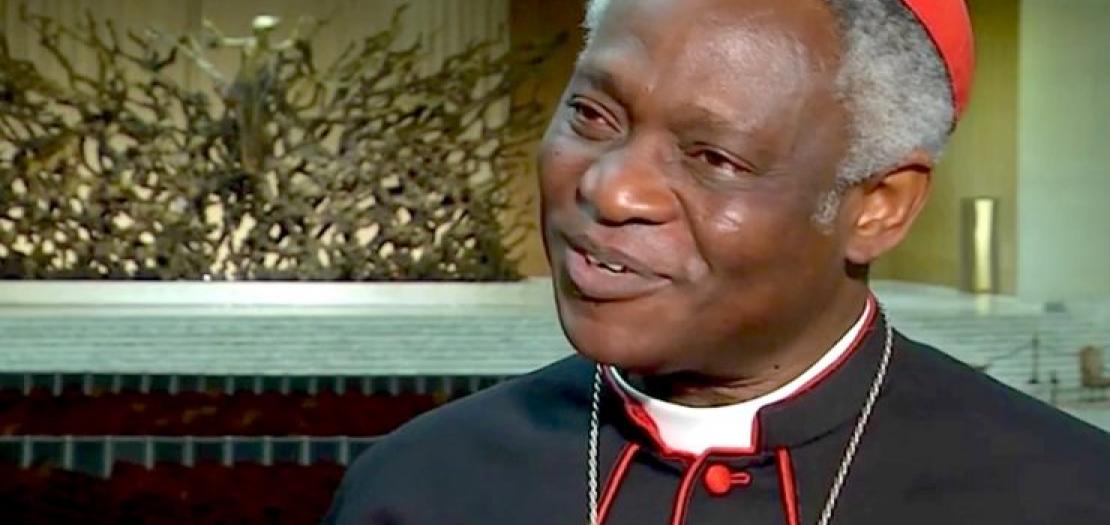
A Vatican cardinal has said that the world is facing a “tsunami” of humanitarian crises caused by the coronavirus emergency, conflict, and decreased security around the globe.
Echoing Pope Francis, Cardinal Peter Turkson called July 7 for a global ceasefire during the pandemic so that assistance can safely be provided to those in need, especially in countries with ongoing conflict such as Yemen and Venezuela.
Turkson, prefect of the Dicastery for Promoting Integral Human Development, also noted a critical need for disarmament, proposing that money used to finance arms be redirected toward supporting healthcare systems instead.
The global health emergency, economic recession, and ongoing climate crisis mean “diminishing access to water, diminishing access to food, increasing social unrest, violence, breakdown of law and order, and unfortunately, the normalization of insecurity, distrust, and uncertainty,” the cardinal said.
“The confluence of all of these crises has engendered a veritable tsunami of humanitarian crises,” he continued, “which has spread and spared no human life [or] institution from its disruptive consequences especially its impact on harmony and peace.”
Turkson spoke during a press conference about the Vatican’s COVID-19 Commission, which he leads. In particular, the cardinal addressed the focus of the commission’s second working group, which is security.
On the subject of a global ceasefire, he said that he supported appeals made by Pope Francis and by the UN Secretary General António Guterres. There are countries already suffering from conflict now with additional grave needs due to the coronavirus crisis, he said, but “intervention itself is rendered difficult by the violence.”
Turkson said that strategies the commission is using to appeal for a ceasefire include the advocacy of local peace and justice commissions, along with calls for reconciliation and global solidarity, and creating a “redefinition of peace,” following the example of St. Pope John XXIII in the 1963 encyclical Pacem in terris, framing peace in terms such as “food security,” “solidarity,” and an “inclusive public health system.”
Other steps he said the commission was taking include working with on-the-ground groups such as Caritas Internationalis and Sant’Egidio to help find peaceful resolutions to conflicts.
Sister Alessandra Smerilli, a member of the COVID-19 commission and an economics professor, noted in her presentation Pope Francis’ request “to prepare the future and not only be prepared for the future.”
The global economic recession is expected to displace billions of jobs, she said, noting that “the pandemic knows no borders. Then, we need solutions without borders.”
She said that the economic taskforce of the commission had been meeting weekly to think about and discuss different economic issues connected to the pandemic.
The religious sister added that she was not a fan of the word “recovery” in reference to the economy, but preferred to say “regenerate the economy,” because of its focus on doing something new.
Alessio Pecorario, another commission member, called the security taskforce, which he coordinates, the “network of the network.”
Pecorario said that members were working to bring together different experts and Catholic non-violence groups to bring together concrete proposals on the issue of peace and security.


